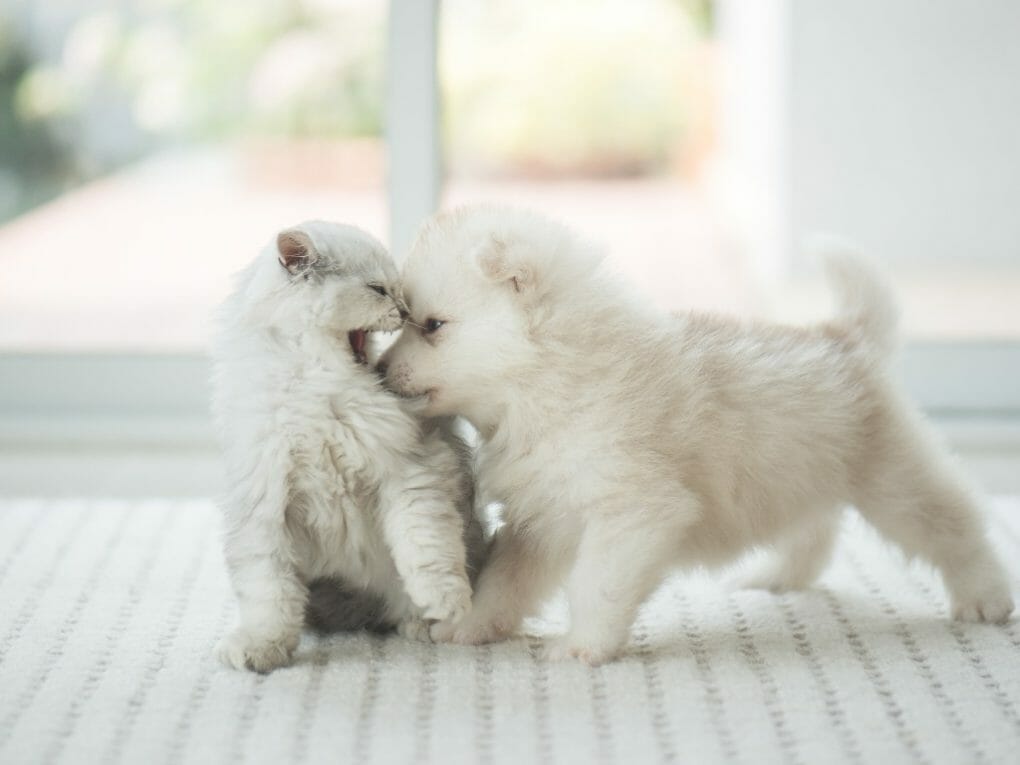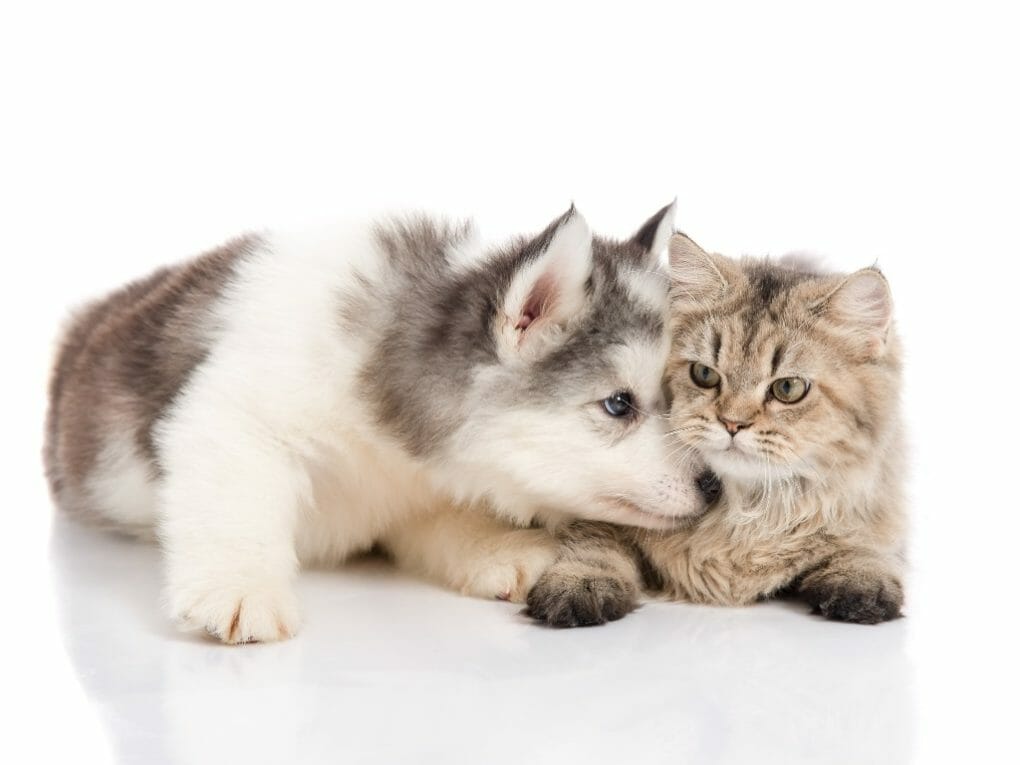Why Do Persian Cats Bite: Factors of Biting in Persian Cats and How to Deal With It


When Persian cats bite, they try to warn their owners of danger or express their dominance. This behavior is usually seen as playful biting, but it can cause serious injury to some people. Bite marks almost always heal without treatment, and if you feel that your pet has bitten too hard or done something that caused damage, take them to the vet for an examination and possible treatment.
Table of Contents
Factors Affecting a Cat’s Tendency to Bite
Age
As cats age, they become more aggressive as they have learned that biting is a way of securing what they want. Many factors can affect whether or not your cat will bite someone, including their mood and environment.
If you’re worried about this happening to you or someone else in your family, there are some preventive measures that you can take, such as training them not to chew on cords, etcetera. However, the best course of action usually depends on how worried one is about their safety and others around them.
Loneliness
Some factors, such as previous aggressions or being left alone for a long time, may contribute to this type of aggression. For example, there are ways to reduce the likelihood of your cat biting someone without resorting to surgery or punishing them excessively: provide them with plenty of toys and socialize them regularly. Additionally, ensure they exercise enough to be mentally and physically healthy when interacting with humans (or other animals).
Owner’s Behavior
Cats housed in close quarters with people or other cats may be more likely to bite. How you treat your cat can have a positive or negative effect on their behavior – providing them with toys and scratching posts can help reduce the likelihood of biting, while punishing them for bites can increase its occurrences.
To understand how to prevent your cat from biting and dealing with any incidents when they do happen, it is essential to know what triggers this behavior in them. For example, some common causes of kitten-on-owner aggression include being left alone too long, not receiving enough attention from their owners, inadequate fencing around the property (especially if there are multiple cats), and lack of familiarity with human guests (due to frequent changeovers).
Changes at Home
Changes at home can cause cat stress, which may lead to them biting. As such, it is essential to try and keep sudden changes (such as the arrival of new people or pets) to a minimum so that there are no episodes of tension or aggression.
Additionally, if there has been an ongoing issue between the cat and the person/animal in question, it may bite out of retaliation. In such cases, patience is key – let things calm down before attempting interaction again. Focusing on positive reinforcement during these times will help maintain sanity for you and your feline friend!
Fear or Provocation


Persians, for example, are one of the breeds known to bite more often due to their fear or provocation triggers. So if you have a cat that bites, it’s essential to understand what may have provoked it and how best to prevent biting in the future.
If disciplinary action is required (vet visits or boarding), such measures should be taken outside the home – i.e., away from where the cat lives and spends most of the time. In cases where biting occurs inside the house, vet care or behavioral modification might be necessary; this will depend on specific circumstances and needs.
Basic Needs Not Being Met
When cats feel stressed, or their basic needs are unmet; they may bite. For example, this can happen when a cat feels threatened or lonely. There are several ways to address this issue and provide your cat with the love and attention it needs.
These might include providing more toys and playtime, feeding the cat on a schedule, and training them using positive reinforcement. Make sure to keep your cat’s environment as stress-free as possible so that biting doesn’t become habitual!
Five Ways to Stop Your Cat From Biting
Play and Train Them
You can do a few things to change how your cat behaves. For example, this might include trying different techniques such as carrying a toy for them, providing plenty of scratching posts and toys, using positive reinforcement (food rewards, etc.), and training your cat with clicker training.
However, if these methods don’t work, it is time to take your cat to the vet for help. In most cases, bite marks on people are caused by instinctive behavior rather than any malice on behalf of the cat! So remember not to get overly stressed out when this happens – cats bite out of instinct and rarely mean harm!
Provide Consequences
Setting boundaries and providing consequences for biting behavior in cats is essential. Make sure your cat knows that biting is not allowed, and be prepared to administer a physical result if it does happen.
Provide Positive Reinforcement
Positive reinforcement, such as food treats, can help teach your cat not to bite in the future. Instead, keep all household items out of reach and sounds away, and make sure there are no potential sources of frustration (moving objects, etc.) around your cat to prevent them from reacting impulsively with bites.
Give Extra Attention
Persian cats are high-strung and require a lot of attention to be content. This is why it is important to regularly trim their nails, play with them, and give them toys to keep them calm. If your cat starts biting too hard or excessively, try training them using positive reinforcement methods like treats or verbal praise.
Get Them a Furry Friend
Providing your cat with a furry friend can help to take some of the pressure off. Cats are territorial by nature, and when they feel threatened, they use their teeth and claws to try and defend themselves. Playing with a furry friend provides them with something else to focus on other than trying to fight, reducing the chances of biting incidents.
Others


There are a few things that you can do to help reduce the cat’s stress levels. For starters, provide plenty of distraction and interactive playtime for your cat. This will help to reduce stress and frustration levels.
Additionally, train your cat using positive reinforcement – rewarding good behavior instead of punishing bad behavior. Separate the children and pets from the animal when disciplining – this will help to prevent bite incidents from escalating further.
